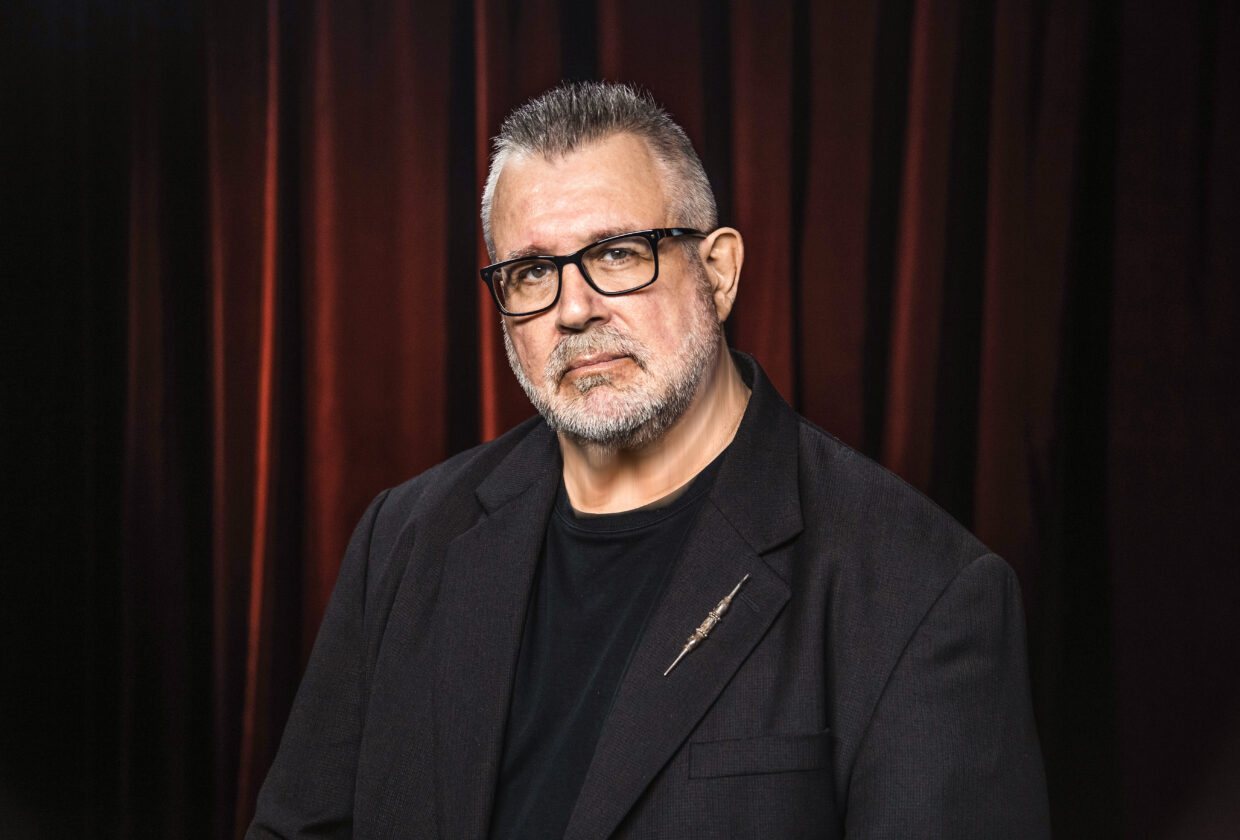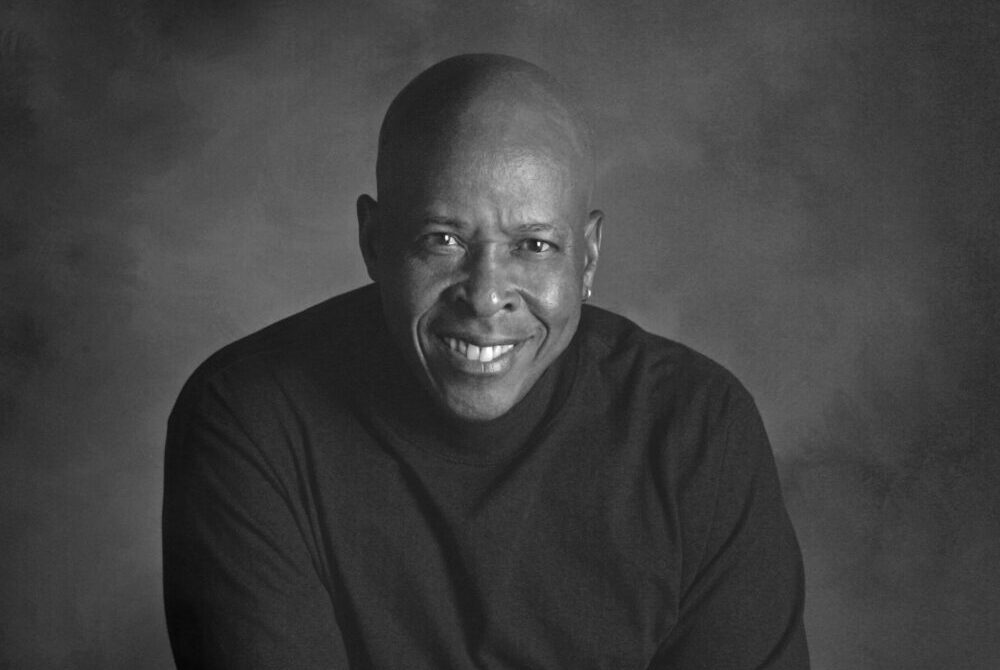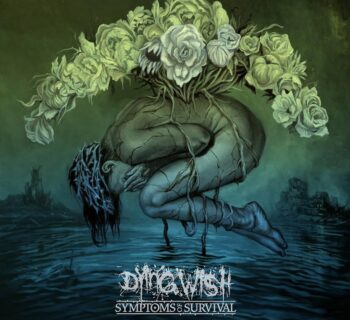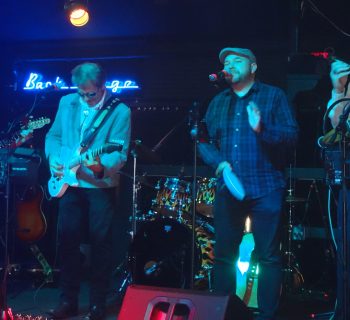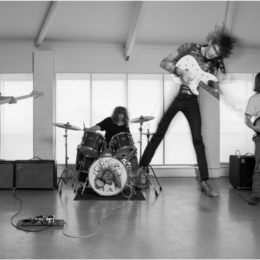Ritch Esra
Co-Founder
Music Business Television
Years with Company: 12
Address: N/A
Phone: 424-245-0416
Web: mubutv.com
Email: media@mubutv.com
Clients: Don Passman, Kenny Salcido, Amber Horsburgh, Alicen Schneider, John Kalodner, Howard Benson, Ari Herstand, Sas Metcalfe
BACKGROUND
Ritch Esra has been teaching students about the music industry for decades. As someone who once worked with Clive Davis, he’s perfectly suited for the task. Despite formal instruction being his bread and butter, he’s now reaching artists another way—over the internet. To do this, he co-founded Music Business Television with partner Eric Knight. Together, they’re empowering artists by spreading insights from those in the know with a video series and podcast.
Knowledge Is Power (To Have a Career)
If you want to be an artist, you need to be far more educated about the world you’re entering. In the past, there were all kinds of systems in place to support artists—label, tour support, management. Those systems don’t exist anymore.
We live in a world where music is essentially free. The most valuable commodity is not size or power or money. It’s the ability to get someone’s attention. And if you don’t have knowledge [of how to earn that], I don’t think you can have a career as an artist.
The Perfect Partner
I met Eric [Knight] at an A&R panel. He comes from the recording side. He’s been an artist, but he also has a strong penchant for business and understanding the industry. What makes him such a great partner is he has a strong interest in learning and really gets into what artists need to do. He’s been the perfect complement to my skills, because he comes from the artist side and I come from the business side.
Building a Network
We want to become the CNN for the music industry, a news and information outlet for the music business. The business model will grow. We’ll make income from advertising. We’ll make income from courses and services, consultations, elements like that. But the idea is to build. There’s no cost for anything right now.
Generate Attention or Perish
The most valuable commodity in this world is attention. And we can’t buy it anymore. From the moment you open your eyes until they shut, how many times is a friend, parent, husband, wife, boyfriend, girlfriend, sister, brother, boss, text message, email, website, demanding your attention? And how many things do you give it to and for how long? You begin to see how difficult it is to [bother people by saying]—“Check my song out. Check my album out. Come to my show.”
Art Comes First
The fallacy among a lot of artists is, “If I had a manager, they would give me a career.” Managers don’t give artists careers. They manage a career that’s already in place.
A friend who’s a publicist once said, “Do you know the purpose of publicity, Rich? It’s to spread a story. There has to be a story to spread. I can’t call up the L.A. Times and say, ‘You’ve got to review this, because it’s really good.’” That doesn’t cut it anymore.
Important Stories
We’re interested in artists who have a story to tell - this is what we’ve done, this is what’s worked for us. Vulfpeck is a fascinating story. They went all the way to Madison Square Garden with no manager or label. That’s a great story. And how they did that is really important.
The Art of the Interview
I prepare questions beforehand. I always like to think of the audience and the things they want to know from this particular person. For a publishing thing, we’re going to orient it toward songwriters and songwriter signings. A lot of times, somebody will give an answer that’s so interesting I’ll follow up with questions that don’t follow the format.
I like to use the word conversation rather than interview. When you look at people like Barbara Walters or Charlie Rose, they’re masters at the art of conversation. There’s an ebb and flow. There’s a way you approach people in terms of getting the most out of them. The interviews that Zane Lowe does on Apple Music are fantastic. He has such a depth of knowledge of the people he’s talking with. Constant Content
We have, I think, 173 interviews that will go up, week-by-week. And we have 57 podcasts that we’ve done over the last two or three years that will go up as well. It’s a lot of content. That was intentional, because I didn’t want to come with two or three things and then [say], “See you next season.”
If you’re going to ask for someone’s attention, you’d better continually engage every week. This gives us time to create new content. We have enough material for three years.
Don’t Promote Until You’re Ready
I’ve seen people be promoted beyond their capability. That’s always a tragedy. “Oh, we love this act. When can we see them live?” “Oh, sorry. They don’t perform.” Or, “They don’t have any other songs.” I’ve heard those stories from top A&R people. It’s like they got into the Ferrari and everybody hit the brakes. You’ve wasted a great opportunity when you’ve done that.
Less Faith, More Evidence
A&R was a faith-based business. Clive [Davis] had faith in his skills as an A&R person to say, “I believe in this artist and believe there is an audience for this act.” That was A&R in those days. Now, A&R is much more, “What have you done? What are your streams? What’s your live performance? Do you have engagement on social media?” Those kinds of things are really important.
Growing a Fan Base
Jason Flom tells how Greta Van Fleet never really had hit records. They never had massive streaming success. But they built their career through live shows, one after another. It’s all about getting an audience and maintaining that. And different people do it in different ways.
The Latin Music Explosion
Streaming has opened up the world to a radical diversity of music. Latin music has been small until the last five years. And it’s exploded throughout the world. Bad Bunny was the biggest artist of last year. He never sang a word in English. This isn’t some niche artist. This is a mainstream artist who’s selling out stadiums. We’re seeing a world that is radically different. That’s exciting to me. And that’s what I want MUBUTV to reflect.
Surprise Insights
During my interview with Pete Ganbarg, what surprised me is that an artist whose music they love, who has no story, no social media, and no sales, they’ll sign. That’s not something you often hear.
Another thing that surprised me was when Rudy Sarzo said, “A lot of times, big stars will choose someone they trust, like and can rely on over the person who’s more talented.” He said, “I’ve seen where they picked the more talented person and they’re a pain in the ass. When you’re touring and living with this person every day for two or three months, that really matters.” Talent isn’t always the factor that’s first and foremost.

